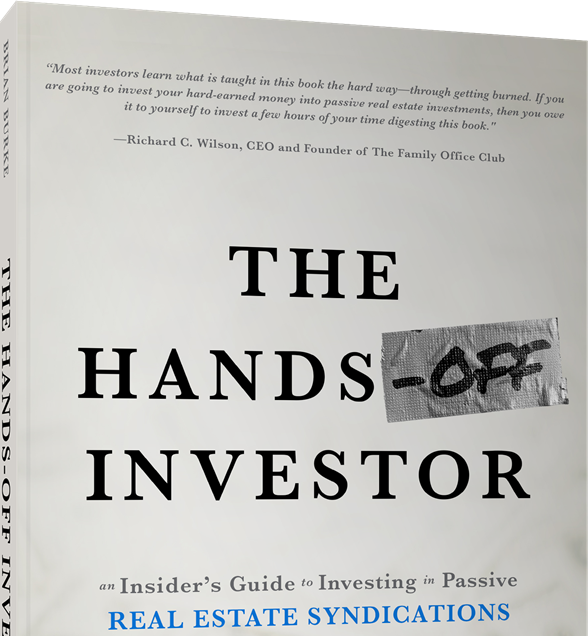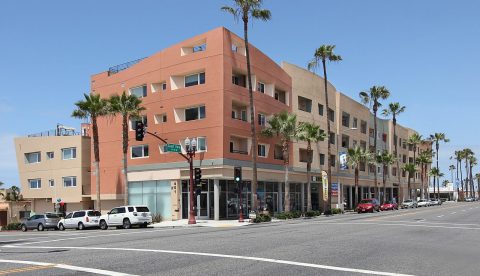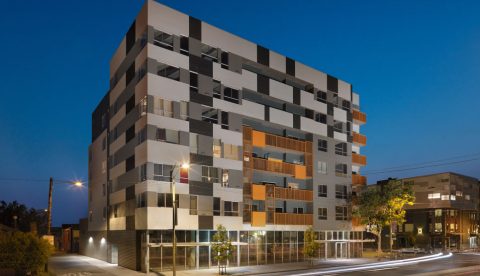How Layoffs & Hiring Freezes Will Impact The Market

Some of the biggest and wealthiest companies have begun announcing major layoffs and freezes on hiring. How is this likely to impact the investment space, real estate, and the multifamily market?
The Economy Is Much More Fragile Than The Media Is Letting On
On one hand we have news media outlets and official statistics proclaiming great success in a strong economy. Then we have the actual data, and what is happening in the street.
All other factors aside, some of what should be the companies benefiting and growing the most from the current economy are actually shedding workers to cut overhead, and are announcing hiring freezes.
This includes companies like PayPal, Uber, Coinbase, Netflix, Meta, and Tesla. With Tesla planning to layoff 10% of its workforce. Which should be even more concerning given that we are being told the electric vehicle space is the savior of the economy as gas prices rage past all time record highs.
Even Amazon has begun to lease its warehouses to other companies as its business shrinks. That’s after taking big tax breaks funded by other taxpayers on the premise the company would bring in a lot of jobs.
If these companies and the entrepreneurs leading them are prepping for a big shift, then there is probably something big happening.
The Truth About The Job Market
While all of the above is happening, we are being told that the economy is safe thanks to a very strong job market, extremely low unemployment, and rising wages.
It is highly unlikely that most are seeing pay raises anywhere near in line with real inflation. When companies like this make big layoffs and stop hiring, they also put themselves in a position where they make workers work a lot harder and compete with each other to keep jobs. Ultimately meaning people are working more, for less money.
Officially the unemployment rate is just 3.6%. Which sounds fantastic. Though it doesn’t count the above pending layoffs, or coming layoffs, which may not be counted until the end of 2022 or early 2023.
The actual employment participation rate is actually just 62%. Meaning 38% of the population isn’t working.
Newly added jobs are being heralded as a great sign of the strong economy. Though the data from the Bureau of Labor Statistics shows that many of these jobs are in bars and restaurants, followed by the government. Bar and restaurant jobs are not exactly long term, high paying roles. They are also typically the most at risk from economic and spending changes, or things like pandemic lockdowns.
Those in the recruiting and hiring space are already seeing highly educated candidates that may have spent in excess of $100k in student loans obtaining two Masters degrees, and are applying for $25 an hour jobs. Think about that.
The Impact On MF
So, if layoffs like this are coming, and wages are not keeping up, then it is going to trickle down to other sectors. We’ve already seen some slowing in the retail housing sector, with less competition for buying homes to live in.
More people are going to have to put off buying homes, in favor of renting. The lower and higher ends of the market will be more at risk to people not being able to cover their bills. Which all creates more demand and stability in the middle price range of rentals.
People will always need somewhere to live. They have to rent. This means landlords will be in a stronger position, and be able to cherry pick the best tenants.
This is important for investors too. Real estate provides a solid foundation for their capital and portfolios as stocks of companies that are making layoffs tank. Some investors may find that the income from their multifamily real estate investments are what saves them, and keeps the money coming in as all of these other factors converge.




























